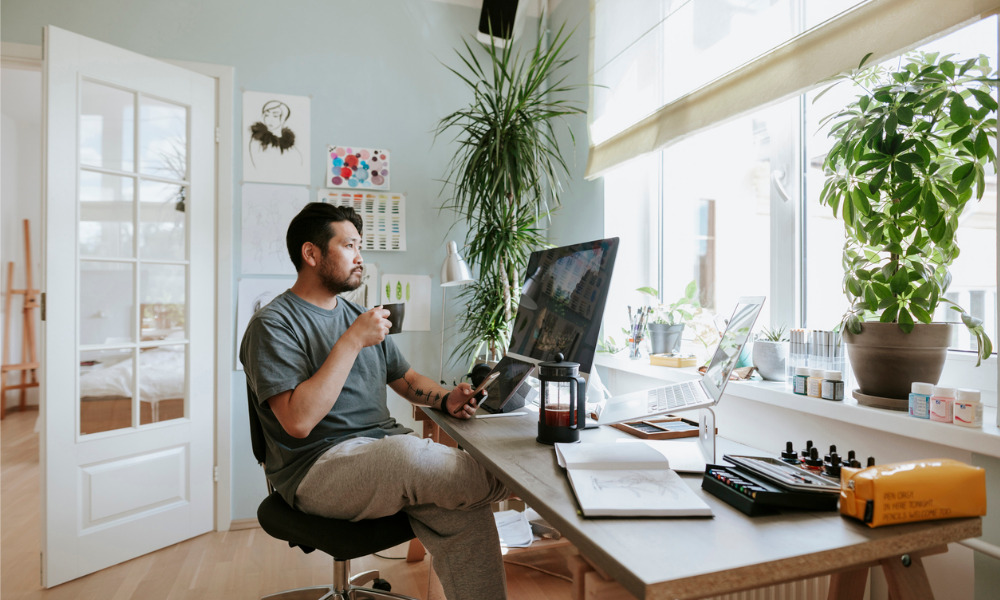
Legislations regarding flexible work arrangements, however, should not be rushed, says minister

Work from home (WFH) in Singapore is likely to become mainstream, according to Minister of State for Manpower Gan Siow Huang, who stressed that legislation on such setups should not be rushed. According to Gan, majority of employers said that they would want their workers to continue working from home "for at least a quarter of the time."
"We expect work from home arrangement to become a more mainstream option," she said in Parliament on Tuesday. "We should not rush into hasty legislation that unintentionally create workplace rigidity that may impeded in economic recovery at this time. Our approach for workplace flexibility should be inclusive, and not just about working from home.”
Gan said that the number of workers able to work from home have increased over the years, with 53% of employers offering at least one form of flexible work arrangement.
Read more: Are employers biased when offering flexible working benefits?
However, introducing legislation on the said work model may not be the best solution for it, said Gan, citing the situation on other countries.
"As we look at other countries that have introduced legislation to allow employees to request to work from home the outcomes are actually rather mixed on whether this legislation makes a substantial improvement in work-life, and also the flexibility that employees have," she said.
Instead, the government would take a guiding role into helping employers and employees implement work from home in Singapore.
"What I think we should focus on is enabling employers and employees with resources and with guides to help them implement work-from-home and flexible work arrangements in a practical manner and a sustained manner," she said.
This includes assisting smaller companies that require more help in implementing flexible arrangement for staff, Gan pointed out, adding that this is where resources put up by tripartite partners "will come in useful."
Currently, Singapore is allowing 50% of employees to return to offices, according to the Ministry of Health. This means easing the default work-from-home